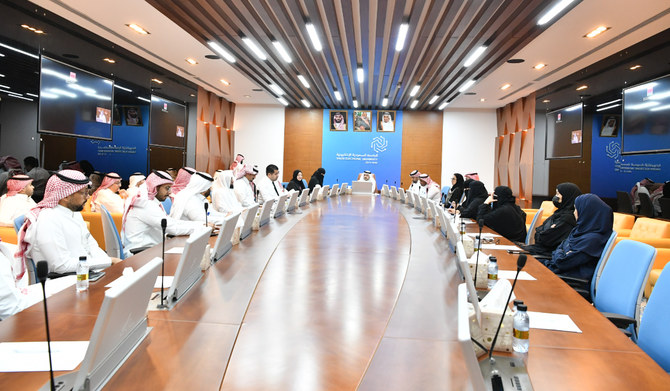JEDDAH: Saudi Electronic University has been recognized by the International Organization for Standardization for its quality management system.
The university achieved ISO 9001:2015 certification for its system covering e-learning and combined learning technologies, as well as courses in continuous learning and lifelong learning across all of its colleges, institutes and affiliated centers, the Saudi Press Agency reported.
The ISO is a globally recognized organization that provides assessment and accreditation services to companies and entities around the world.
FASTFACTS
• Saudi Electronic University successfully completes evaluation process.
• President thanks staff for their work in achieving goal.
The university achieved certified status following a comprehensive evaluation of its procedures using the latest scientific methods. As part of that process it set up a quality control unit in each of its centers to carry out training, reviews and implementation.
President Mohammed bin Yahya bin Mardi expressed his gratitude to all staff and departments that contributed to the achievement.
Mai Salem Al-Nabahin, vice president for planning, development and quality, said that obtaining the ISO certificate was one of the university’s most significant achievements.
The reward was evidence of its commitment to meeting accreditation requirements and ensuring the application of global quality standards, she said.
















